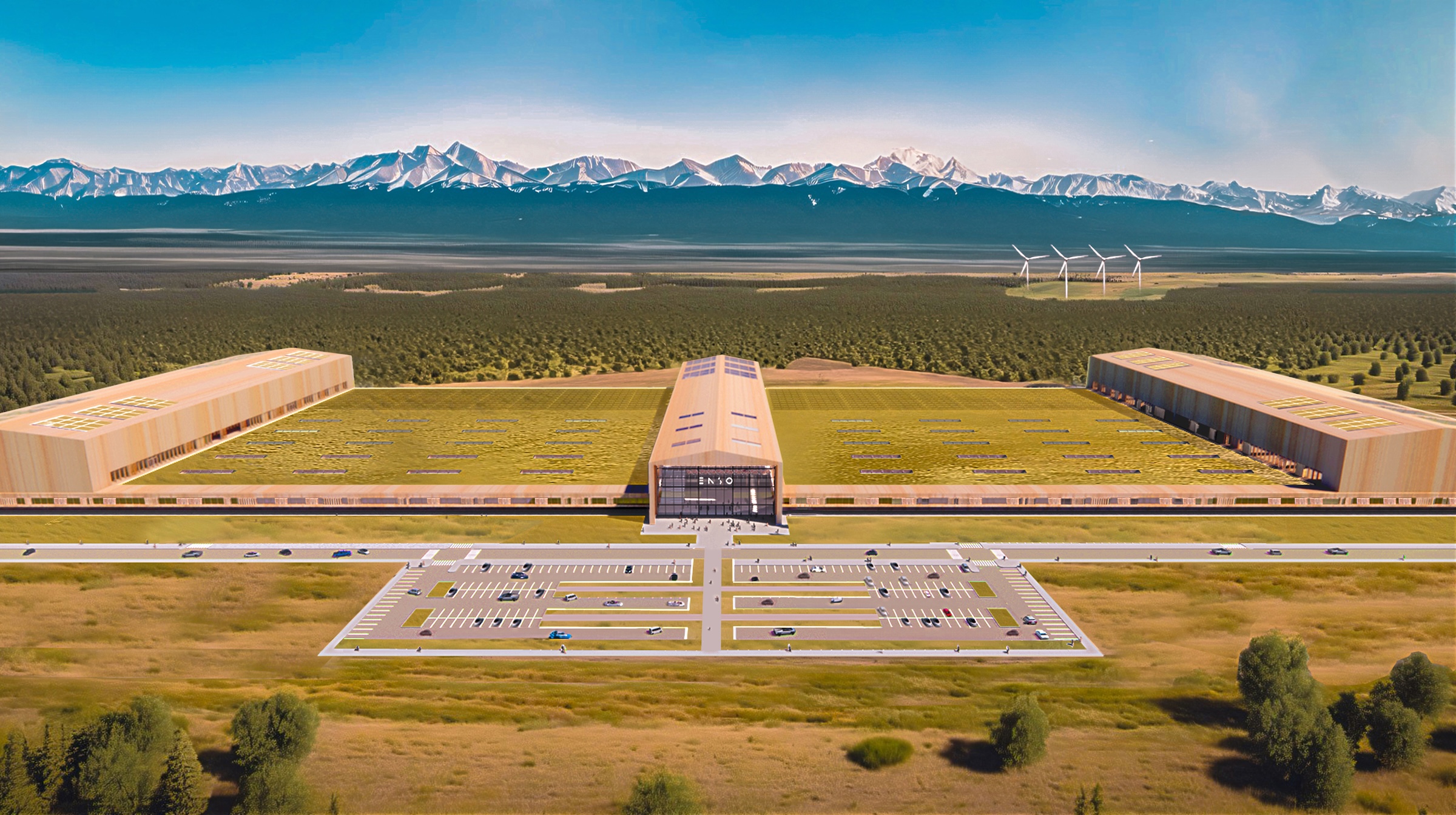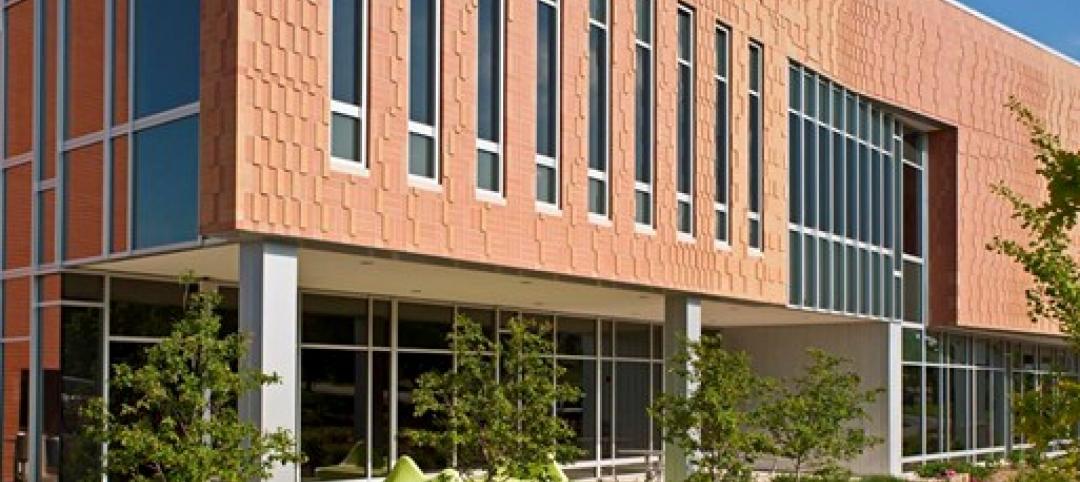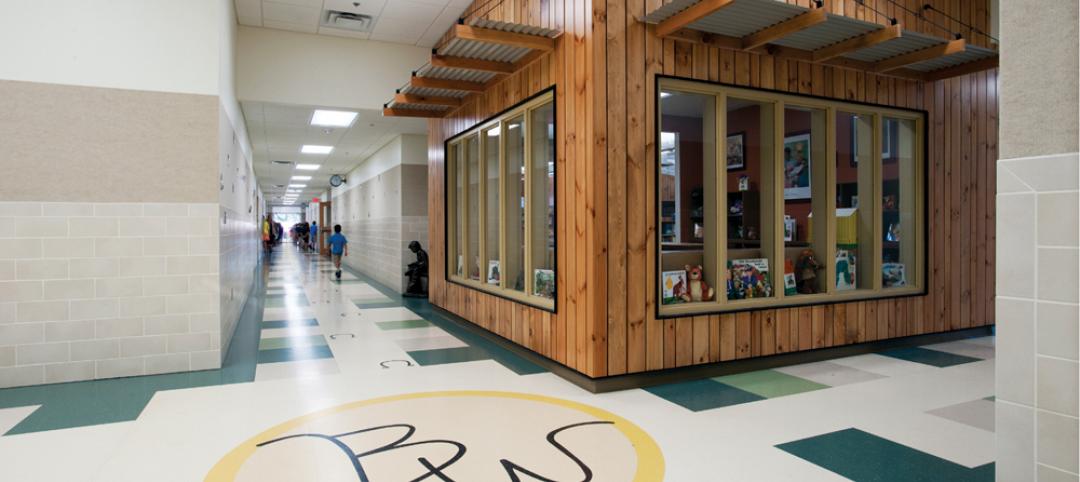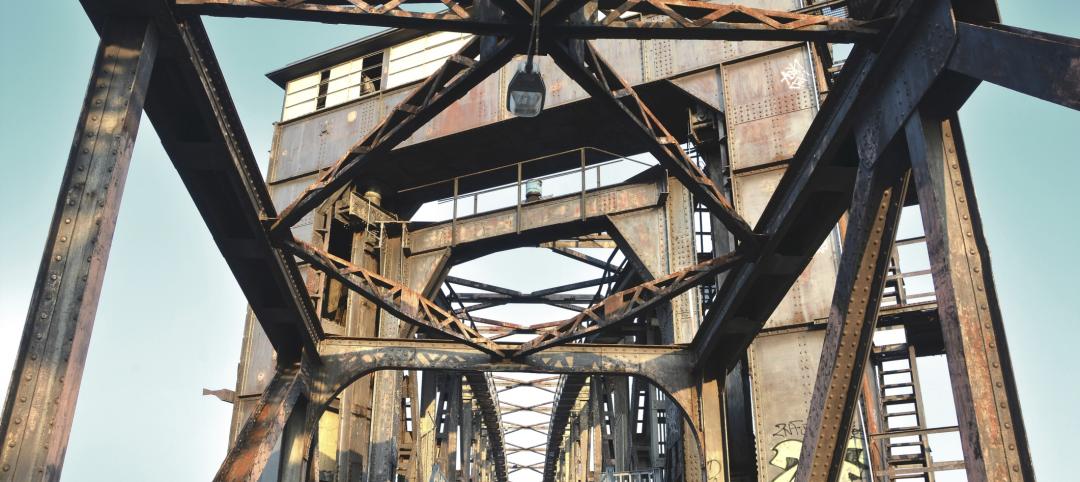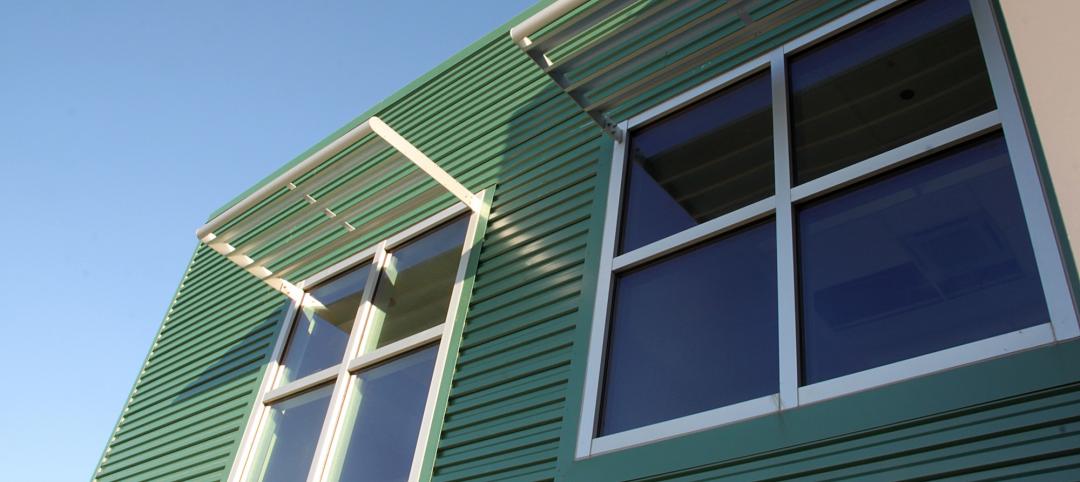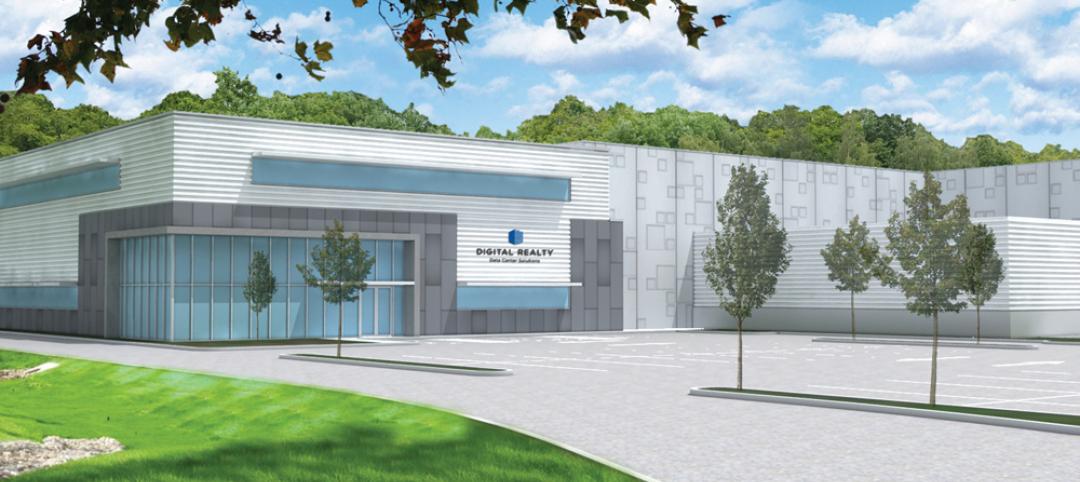ENSO, a U.K.-based company that makes tires for electric vehicles, has announced plans to build the first carbon-neutral tire factory in the U.S.
The $500 million ENSO technology campus will be powered entirely by renewable energy. The first-of-its-kind tire industrial campus aims to be carbon neutral without purchased offsets, using carbon-neutral raw materials and building materials.
In its first phase, the factory will produce five million EV tires annually by 2027 and create 600 jobs. The factory will expand to 2,400 jobs when built out to its full production capacity of 20 million tires, which ENSO says is 8% of the total annual U.S. tire market. To accelerate and scale innovation, the ENSO technology campus will integrate research and development production under one roof.
Most tires sold in the U.S. today are imported, ENSO reports. The factory aims to reduce U.S. reliance on imports and enhance domestic production. Possible factory locations include Colorado, Georgia, Nevada, and Texas, among other states.
“The U.S. is the best place for ENSO to establish its first carbon-neutral tire factory,” ENSO CEO Gunnlaugur Erlendsson said in a press statement. “With strong regulatory support and a significant market opportunity, we are committed to bringing our innovative, low-emission, low-cost tires to American consumers. This factory will make tires more affordable, reduce tire pollution, create great jobs, and drive sustainability in the U.S. tire industry.”
ENSO says it has signed a letter of interest with the Export-Import Bank of the United States to establish the factory in the U.S. Technology partner Rockwell, development firm Arup, and investors 8090 Industries and Galway Sustainable Capital are also supporting the project.
ENSO’s mission is to make EVs more successful and reduce tire pollution, which is responsible for 6 million tons of particulate matter emitted globally, per the statement. The company says its tires increase EV range by 10% and reduce particulate matter emissions by 35%. ENSO plans to phase out all fossil fuel-based raw materials from its products by 2030, replacing them with bio-based renewable and low-carbon alternatives.

Here is the full press release from ENSO:
ENSO, the tire technology company that makes better tires for electric vehicles (EVs), has signed a Letter of Interest (LOI) with the Export-Import Bank of the United States (U.S. EXIM Bank) to establish a groundbreaking carbon-neutral tire factory in America. U.S.-based technology partners Rockwell, global sustainable development firm Arup and US-based investors 8090 Industries and Galway Sustainable Capital, are supporting ENSO.
The first-of-its-kind tire factory will be carbon-neutral without purchased offsets, utilizing carbon-neutral raw materials, building materials and 100% renewable energy. In its first phase, the factory will produce 5 million EV tires by 2027 and create 600 jobs, rising to 2,400 jobs when built out to full production capacity of 20 million tires – 8% of America’s total annual tire market. The ENSO technology campus will integrate research and development with production under one roof to accelerate and scale innovation.
Announced at the SelectUSA Investment Summit in Washington DC, potential factory locations include Colorado, Nevada, Texas, and Georgia, with other states in consideration. The U.S., particularly California, has a significant EV consumer base and is leading efforts to regulate tire efficiency and emissions, making the U.S. the ideal market for ENSO.
ENSO CEO Gunnlaugur Erlendsson said, "The U.S. is the best place for ENSO to establish its first carbon-neutral tire factory. With strong regulatory support and a significant market opportunity, we are committed to bringing our innovative, low-emission, low-cost tires to American consumers. This factory will make tires more affordable, reduce tire pollution, create great jobs and drive sustainability in the U.S. tire industry.”

The U.S. regulatory environment strongly supports ENSO’s move to America. Initiatives like the Inflation Reduction Act have transformed the automotive sector and enabled more ambitious EPA (Environment Protection Act) emissions standards, paving the way for similar advancements in the tire industry. Programs such as the California Energy Commission’s (CEC) Replacement Tire Efficiency Program and the California Environmental Protection Agency’s (CalEPA) efforts to control toxic chemicals such as 6PPD in tires align with ENSO's goals, by setting out minimum efficiency and environmental standards for both new and aftermarket tires.
Tires are critical to keeping America’s economy moving. Without tires, all 275 million vehicles in the U.S. would grind to halt. Currently, the majority of tires sold in the U.S. are imported. This factory will help reduce America’s reliance on imports, enhancing domestic production capabilities. There is a big consumer appetite in the U.S. for ENSO’s tire innovation. Nearly half (47%) of Americans would be more encouraged to buy a set of tires if they were made in the U.S., 46% if they used fewer toxic materials, 43% if they produced fewer emissions, and 41% if they were made from recycled materials.
ENSO’s mission is to make EVs more successful and reduce tire pollution, saving costs for every American. ENSO’s tires already increase EV range by 10% and reduce particulate matter emissions by 35%. By producing fewer, longer-lasting tires with better technology, ENSO aims to cut tire pollution.
Tire pollution is a significant issue, responsible for six million tons of particulate matter emitted globally each year. Tire pollution is a major contributor to ocean microplastic pollution and local air pollution, while tire production is carbon intensive and creates huge amounts of waste at the end of life. ENSO, a finalist in the ‘Clean Our Air’ category of The Earthshot Prize, the prestigious annual environmental award established by Prince William, is leading the way on environmental standards in the tire industry. ENSO is leading efforts to decarbonize the tire industry and is committed to completely phase out all fossil fuel based raw materials from its products by 2030, replacing them with bio-based renewable and low-carbon alternatives.
The U.S. has a major market opportunity to lead the transformation of the tire industry and to incentivize EV adoption. America doesn't make enough tires, and ENSO’s factory will be a major step toward achieving these goals, ensuring economic benefits and environmental sustainability for American consumers. This factory therefore represents a significant investment in setting a new standard for the future of American tire manufacturing.
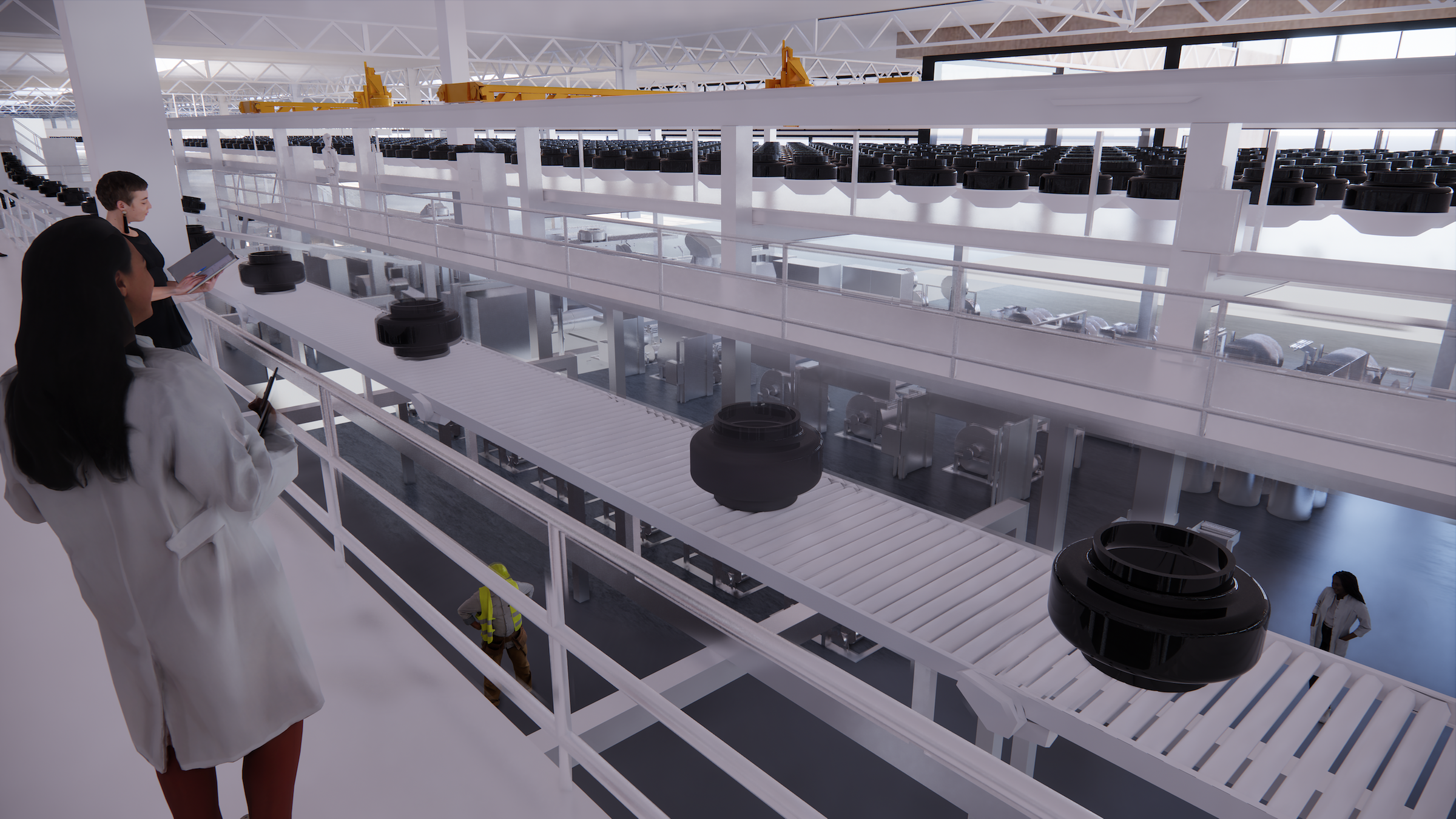
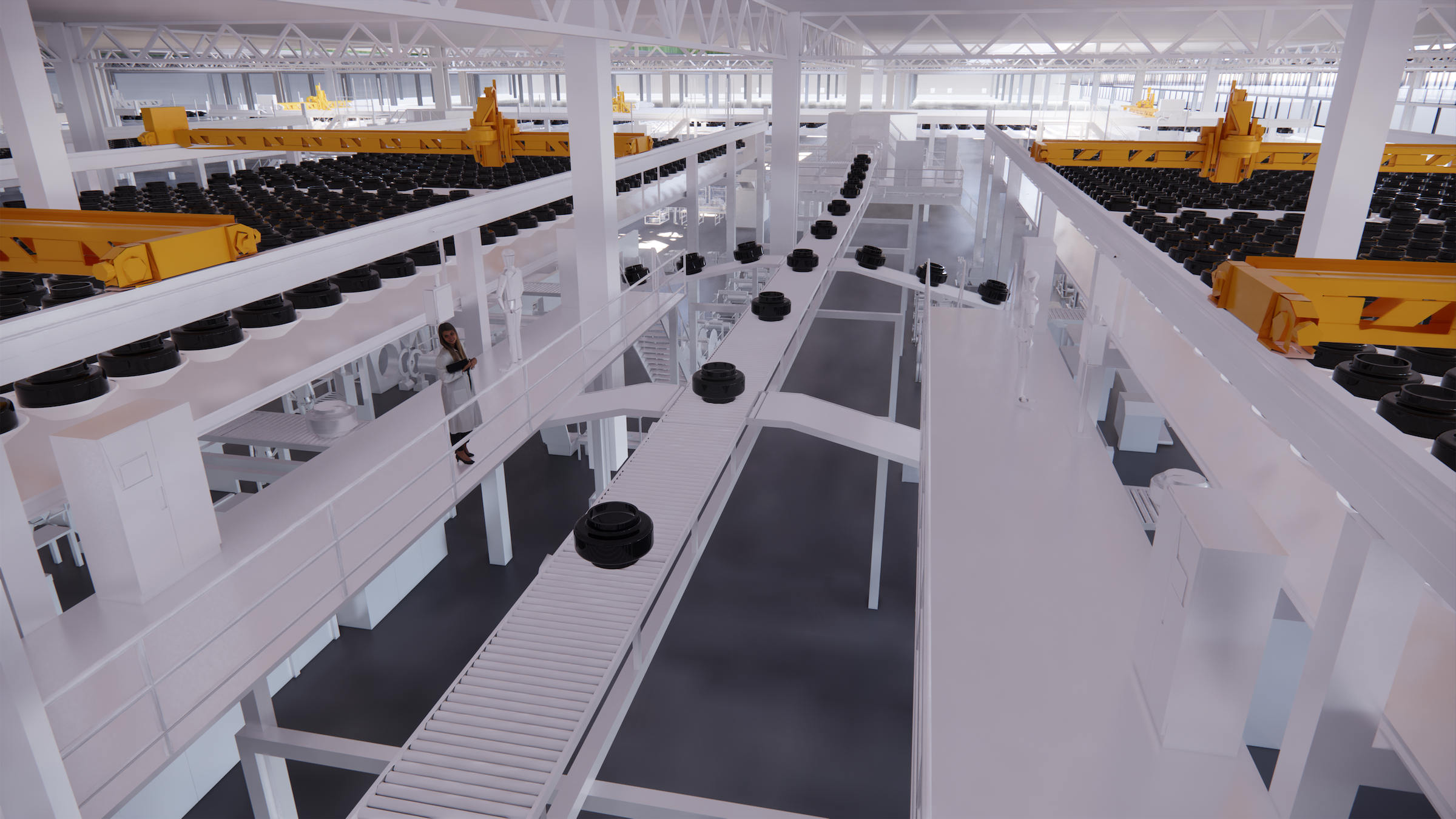
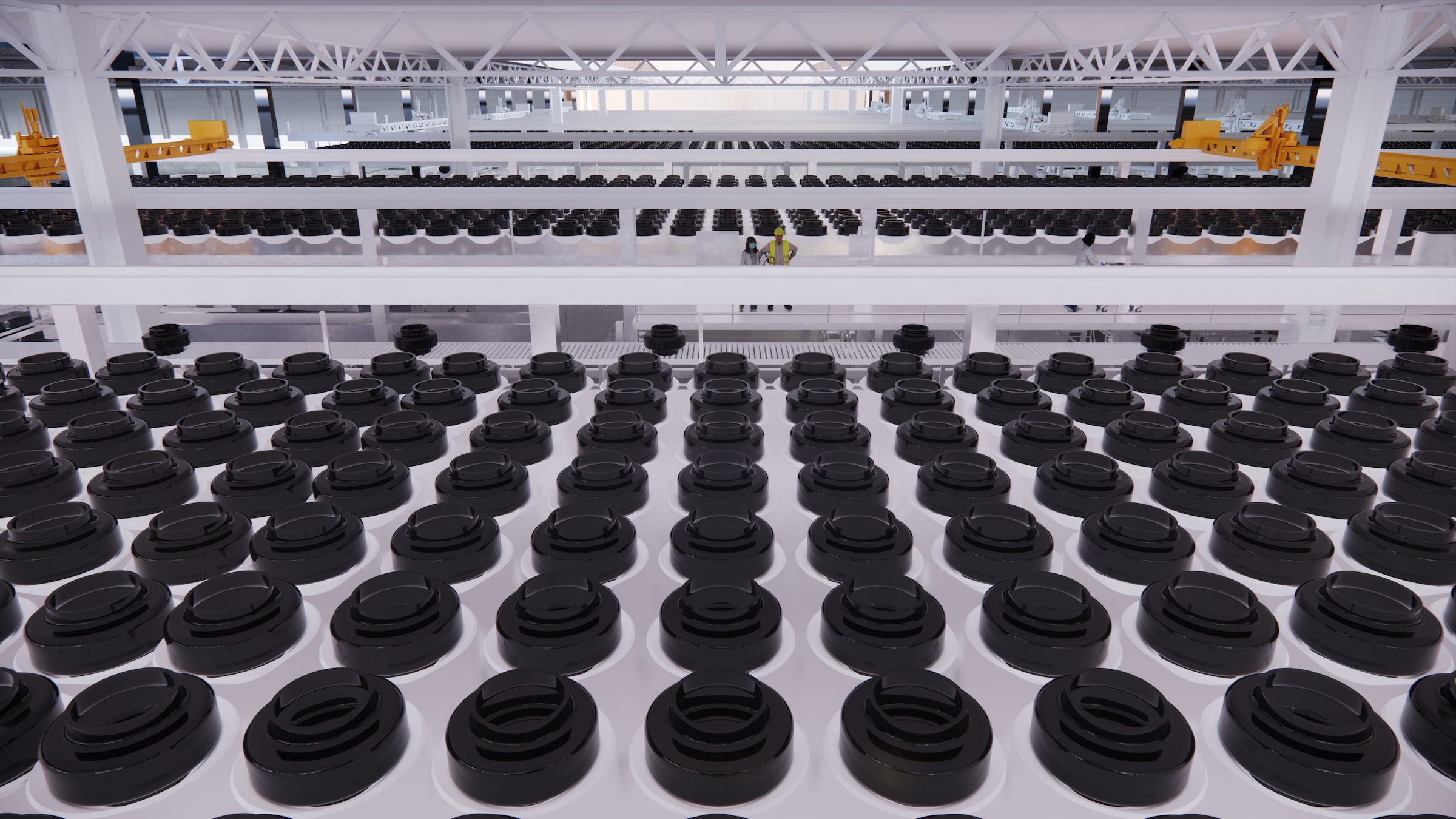
Related Stories
| Jul 7, 2014
7 emerging design trends in brick buildings
From wild architectural shapes to unique color blends and pattern arrangements, these projects demonstrate the design possibilities of brick.
| Jul 2, 2014
Emerging trends in commercial flooring
Rectangular tiles, digital graphic applications, the resurgence of terrazzo, and product transparency headline today’s commercial flooring trends.
| Jun 30, 2014
Report recommends making infrastructure upgrades a cabinet-level priority
The ASCE estimates that $3.6 trillion must be invested by 2020 to make critically needed upgrades and expansions of national infrastructure—and avoid trillions of dollars in lost business sales, exports, disposable income, and GDP.
Sponsored | | Jun 27, 2014
SAFTI FIRST Now Offers GPX Framing with Sunshade Connectors
For the Doolittle Maintenance Facility, SAFTI FIRST provided 60 minute, fire resistive wall openings in the exterior using SuperLite II-XL 60 insulated with low-e glazing in GPX Framing with a clear anodized finish.
| Jun 18, 2014
Arup uses 3D printing to fabricate one-of-a-kind structural steel components
The firm's research shows that 3D printing has the potential to reduce costs, cut waste, and slash the carbon footprint of the construction sector.
| Jun 16, 2014
6 U.S. cities at the forefront of innovation districts
A new Brookings Institution study records the emergence of “competitive places that are also cool spaces.”
| Jun 12, 2014
Austrian university develops 'inflatable' concrete dome method
Constructing a concrete dome is a costly process, but this may change soon. A team from the Vienna University of Technology has developed a method that allows concrete domes to form with the use of air and steel cables instead of expensive, timber supporting structures.
| May 29, 2014
7 cost-effective ways to make U.S. infrastructure more resilient
Moving critical elements to higher ground and designing for longer lifespans are just some of the ways cities and governments can make infrastructure more resilient to natural disasters and climate change, writes Richard Cavallaro, President of Skanska USA Civil.
| May 26, 2014
New Jersey data centers will manage loads with pods
The two data center facilities totaling almost 430,000 sf for owner Digital Realty Trust will use the company's TK-Flex planning module, allowing for 24 pods.
| May 22, 2014
BIM-driven prototype turns data centers into a kit of parts
Data center design specialist SPARCH creates a modular scheme for solutions provider Digital Realty.


